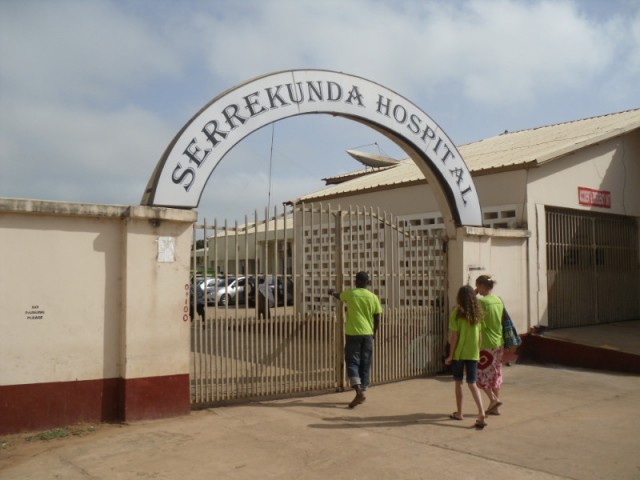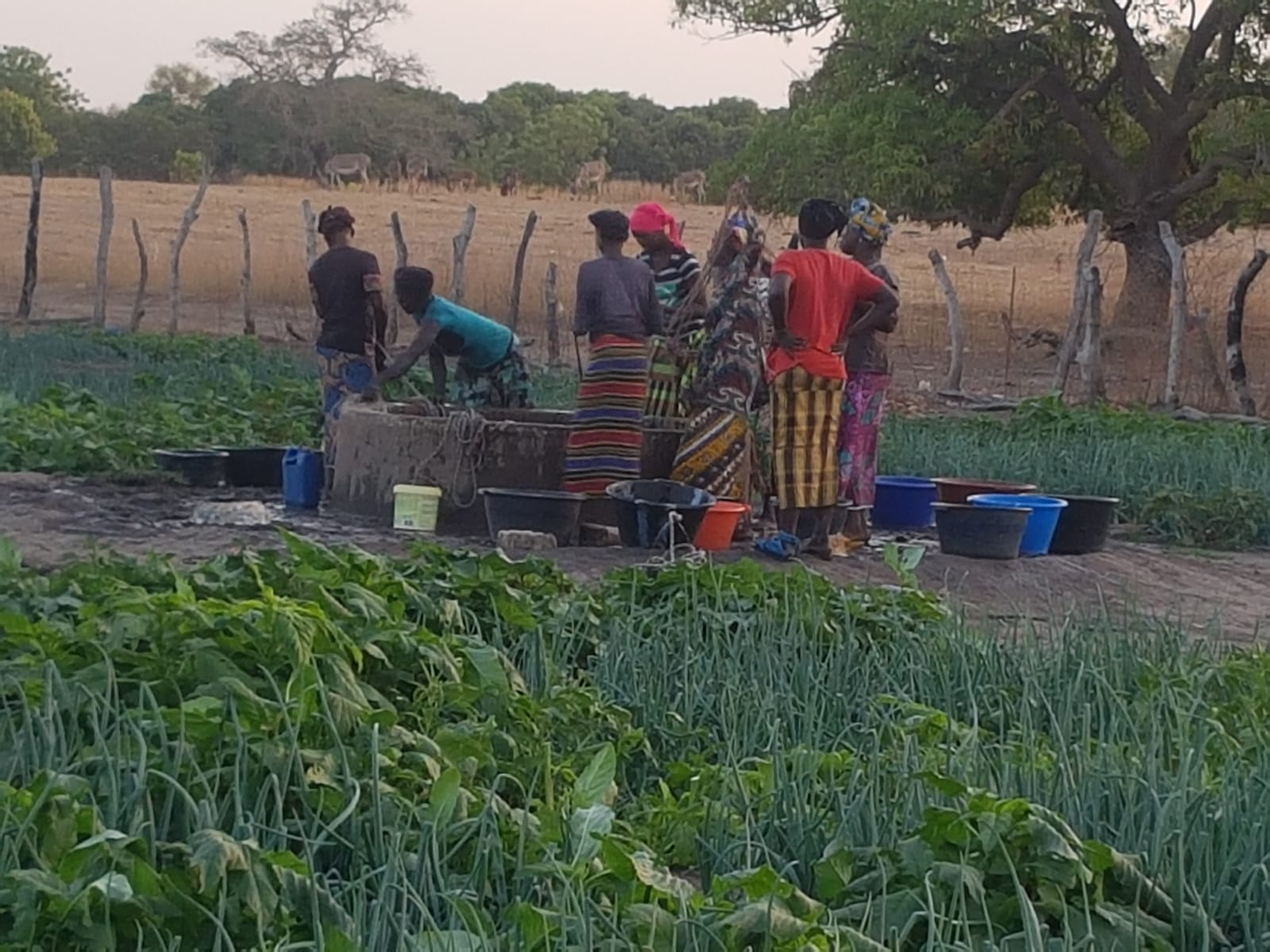By Saidou Baldeh
The Ministries of Health, Agriculture in collaboration with the National Research Institute (NARI) in partnership with Aflatoxin Control in Africa (PACA), ended information sharing workshop on Aflatoxin mitigation
The two day forum aimed to share ideas on Aflatoxin with a view to mitigating the menace ended on 31st January, 2019 at Bwiam, Foni Kansala District in West Coast Region.
Ndey Naffie Ceesay said PACA is working ways through advocacy and policy to have the challenges of Aflatoxin addressed in crops citing example of rice, maize and groundnut as the major crops affected by the disease.
“PACA has been here since 2012 after the realization that Gambians have a limited knowledge and awareness of Gambians from farm level to Policy level on what Aflatoxin is. So it was deemed important to select Gambia as one of the pilot projects, to help the people in what they consume and policy makers towards ending Aflatoxin”, she noted.
She said they decided the health aspect as their top priority, adding that the disease has negative impact on the citizenry with respect to liver cancer, malnutrition and stunting in adult and children.
“So it is important that this information reaches to the citizenry with a view to mitigating Aflatoxin in the Gambia “, she noted.
Dr. Faye Manneh, described Aflatoxin is a poison produced by fungi called Aspergillus Flavus and affects crops most especially maize, rice, seasame among others, and consumes 60% of the groundnut produced in the Gambia, as such reduces their market value of the affected crops.
“Aflatoxin is produced when the Aspergillus attacks grains. The prevalence of Aflatoxin is aggravated by drought, pests, delayed harvest, in sufficient drying and poor post-harvest handling. It is best at the temperature between 25-30 decree Celsius”, he said.
He pointed out that Aflatoxin cases liver cancer, suppresses the immune system and retards growth in children.
He also said that it can be reduced through good cultural practices and biological control product called “Asflasafe”, proper storage mechanism, use of quality good seeds among others preventive measures.




